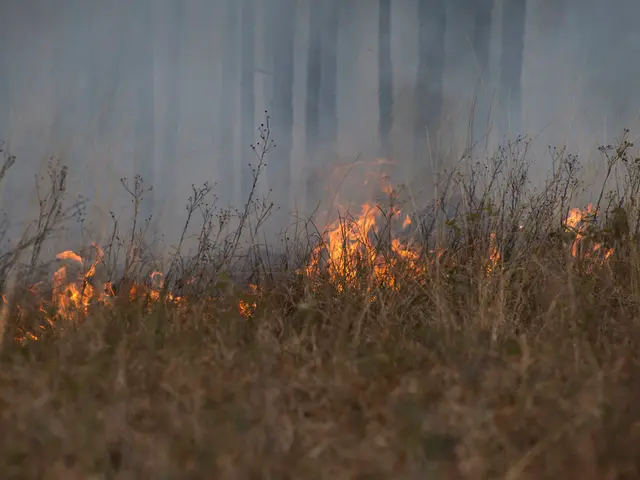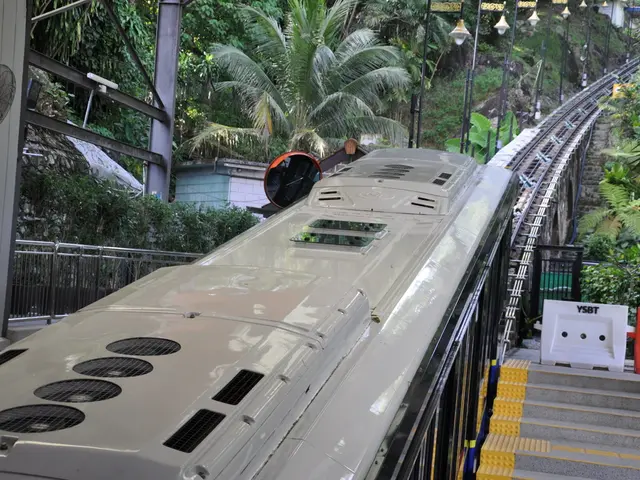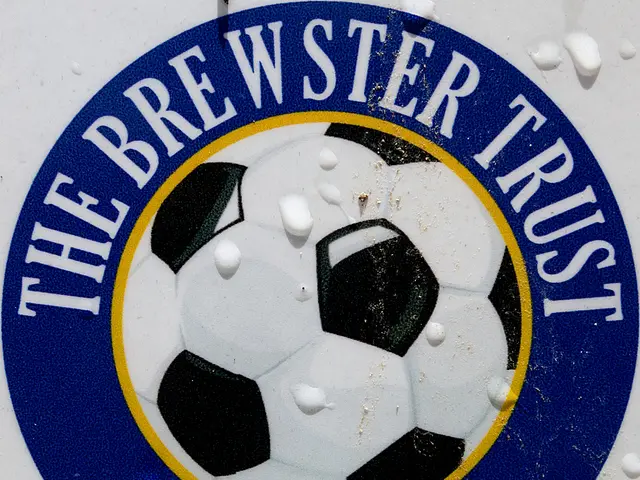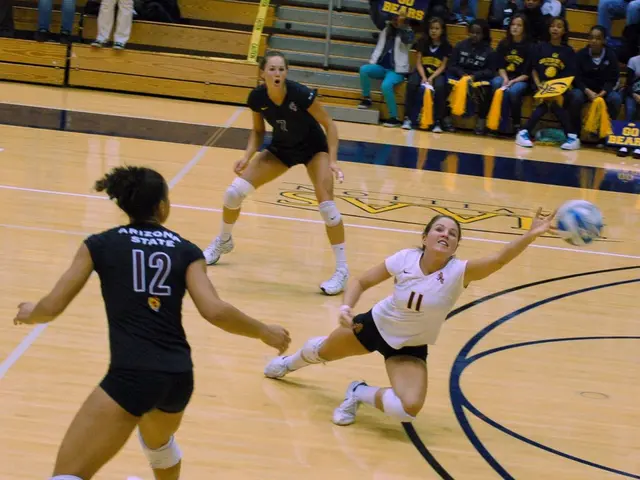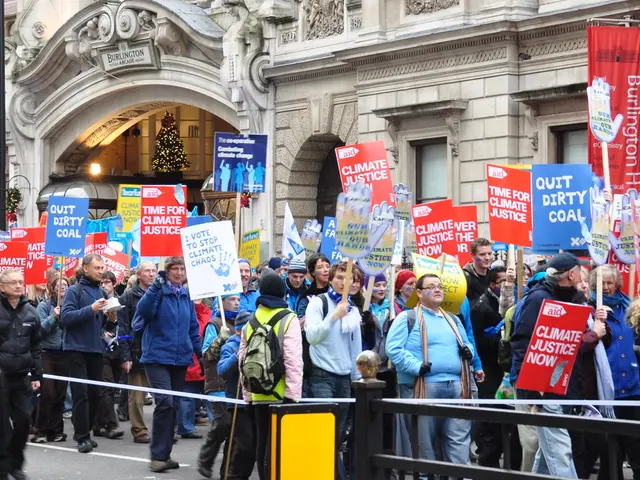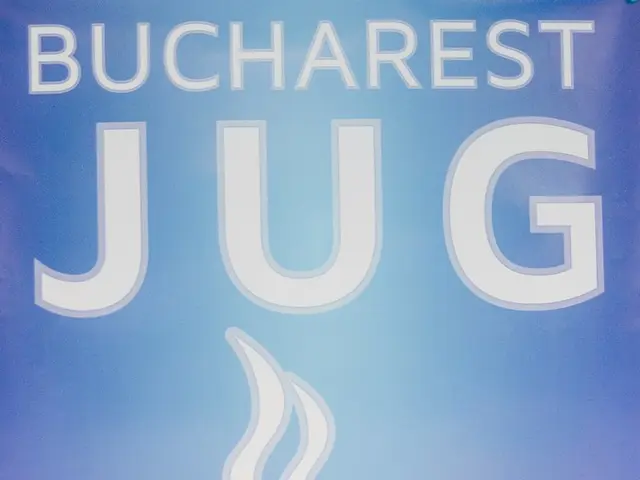Investigative report: Is Georgia on the brink of forming a dictatorship?
In the heart of Tbilisi, the capital city of Georgia, a haunting atmosphere of unrest has enveloped the community. Over the past two weeks, the city has been gripped by violent protests, a chilling turn of events for a nation once characterized by its close-knit society.
The escalating disorder has shocked Georgia, a nation that has been slowly moving toward this turn of events yet seemed unprepared for its grisly reality. The war zones have found their way into the streets, with ordinary citizens unknowingly sharing peaceful conversations with participants later identified as victims or perpetrators of the violence.
The tragedy unfolds across the city, a jarring contrast to the holiday jingles and shopping discounts playing on repeat in local stores. The central Rustaveli Avenue, usually bustling with life, now echoes with firecrackers launched by demonstrators during clashes with riot police.
Over the weekend, a towering Christmas tree was erected in the heart of Tbilisi, despite the area being saturated with tear gas and stained with blood following nearly two weeks of brutality. It has felt like an endless Milgram Experiment, a macabre surrealism that has enveloped the city.
On the night of November 28, Alekandre Keshelashvili, a reporter for Publika newspaper, was left battered and bruised, pleading for mercy from riot police officers who took turns beating him. He has since been joined by countless others, including protesters, reporters, and onlookers, brutally beaten and detained by the riot police force.
Amidst the violence, authorities have praised themselves for restoring order, and promised an end to the violence, while in reality, it has only intensified in the days since. The government maintains that the perpetrators could be anyone, despite evidence pointing towards direct involvement from government officials.
Several opposition figures, journalists, and activists have been targeted by masked thugs, with TV reporter Maka Chikhladze brutally attacked during a live broadcast last week. The attacks have continued, with hospital personnel struggling to keep up with the influx of injuries sustained during the nightly crackdowns.
The unrest began as an effort to defend Georgia's EU aspirations and maintain its pro-Western path, but has since transformed into a battle against the establishment of a police state. Despite Georgia never fully embracing democratic principles, the country had been making strides towards Western ideals for the past three decades.
However, the current ruling party, Georgian Dream, has been systematically undermining democratic reforms and has been criticized for adopting authoritarian laws and homophobic rhetoric. This shift away from Western norms has led to escalating tensions and renewed fears of a return to Russia's embrace.
The protests continue, with students, teachers, intellectuals, and ordinary citizens gathering daily to condemn the violence and call for an end to the government's crackdown on civil rights. It remains to be seen whether the collective West will take concerted action to restrain the Georgian government and hold it accountable for its actions.
- The shocking turn of events in Tbilisi, gripped by a two-week period of violent protests, has been a jarring addition to the general news feed on social media.
- Despite the ongoing chaos, policy-and-legislation discussions about Georgia's EU aspirations continue on various platforms, a testament to the nation's desire for change.
- Amid the unrest, science, books, entertainment, and pop-culture discussions remain pristine on online forums, offering a temporary reprieve amid the city's unsettling atmosphere.
- The brutality of car-accidents, fires, and in particular, crime-and-justice incidents in the city, have taken on a new context as they intertwine with the demonstrations.
- News of the attacks on opposition figures, journalists, and activists, like Maka Chikhladze, have spread like wildfire, fueling frustration and solidarity among the public.
- As the country grapples with its troubled political landscape, citizens searching for accurate information turn to trusted sources like newspapers and reputable online news portals for updates.
- The world watches and waits, hoping for an end to the violence in Tbilisi, with governments and international agencies weighing the potential for involvement in the ongoing standoff.

